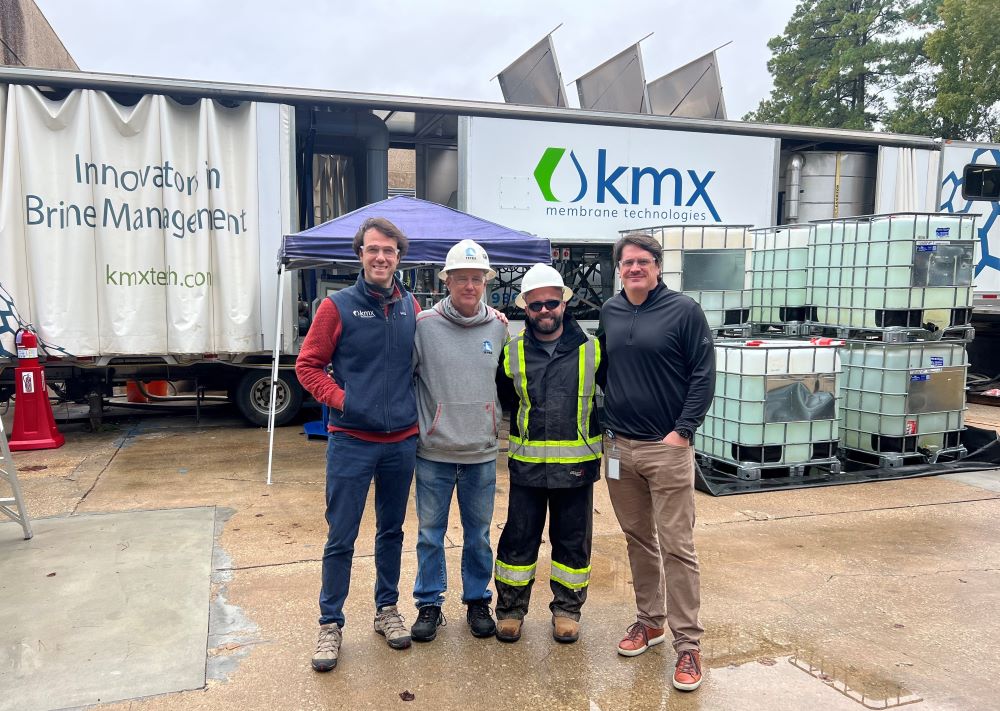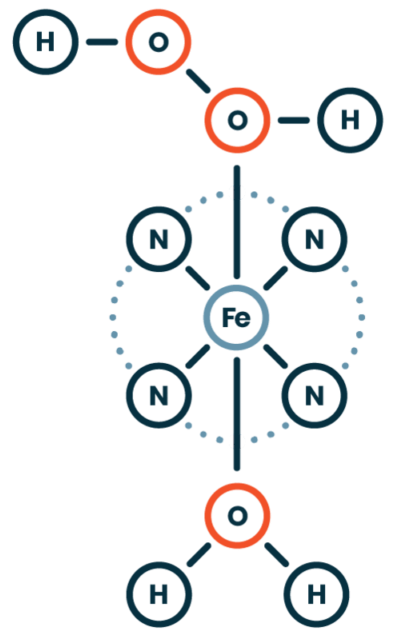Our latest interview with the director of investments at PureTerra Ventures, Maarten ter Keurst, has received very positive feedback across the water community by sharing his insights into short- and long-term impact of COVID on water-related investments. In this interview, Libin Song, the lead analyst who is in charge of deal sourcing and analysis at PureTerra Ventures, will share her opinion on the impact of COVID on the innovation landscape.
How are things in China? Since PureTerra Ventures has a large presence there, I wonder to what extent has China recovered from the crisis? Do you perceive any change in the Chinese market post-COVID?
Libin: Thanks for asking. Our China office has reopened since the beginning of March. In general, offices, factories and schools here are back to normal and public activities have resumed. We attended WieTec last week and have quite a few offline conferences lined up for the next couple of weeks.
The appetite for overseas technologies remains strong. China has been tightening its environmental regulation for years and the sheer size of our municipal and industrial water consumption has created a significant and long-lasting demand for advanced water treatment technologies. As a matter of fact, we noticed the acquisition of PolyCera by a corporation backed by a Chinese membrane company not long ago. In addition, many startups in our pipeline already have Chinese investors on their board. Another point I want to make is the potential of Chinese upstream and downstream partners. Most factories are producing or ready to produce at close to full capacity in China, making them even more attractive when production activities elsewhere are still finding their way back to normal.
Are you still actively deal sourcing? Which type of startups do you think are best positioned to gain opportunities from the crisis?
Libin: We are very actively deal sourcing and believe that such a challenging environment will help the companies that deliver a truly clear ROI with a well-planned go-to-market strategy stand out from the rest. With that said, our evaluation criteria have not changed. We focus on companies that excel through a dedicated and experienced management team, strong intellectual property, a distinctive market position, and significant growth potential. Needless to mention that the ESG impact is a critical consideration as well.
How are you handling the due diligence process under travel restrictions?
Libin: The travel restrictions have made it difficult to visit our due diligence targets in person. Therefore, we try to gain as much information as possible from virtual meetings and reviewing documents remotely. Additionally, we try to involve third parties who do have people on the ground to conduct due diligence in person on our behalf. We are not going to let COVID compromise the depth or breadth of our due diligence process.
Besides the push for wider adoption of existing offerings, have you seen innovations that did not exist before COVID?
Libin: Not exactly new technologies, but more like novel applications of existing technologies that could be implemented rather promptly. For example, one of our portfolio companies, Rubix, a France based IoT start-up aiming at the monitoring and identification of both outdoor and indoor nuisance factors, has been used in Japan to monitor the disinfection process of the Diamond Princess. The Diamond Princess, the cruise ship that was in quarantine in Japan due to a large number of passengers infected by COVID, used RUBIX POD to insure and document the fact that the complete deodozization of the ship was performed.
From our partner Isle Utilities Water Action Platform, we have also seen wastewater-based epidemiology surveillance that monitors the concentration and spread of the virus. The source identification and the alert system once a virus is identified are also key attributes of such surveillance systems. In addition, the platform has featured digital solutions tailored towards utilities to facilitate communication among staff and with customers. The water community tends to be conservative when adopting new technologies especially on the municipal side, but COVID-related challenges could push the long-awaited automation and digitalization into reality.
How long do you think the innovations you mentioned are going to last? Are they going to stick around even after the world fully recovers from COVID?
Libin: It depends on the cost effectiveness. Although it certainly makes sense to monitor sewage waste to identify potential novel viruses and respond in time in the future, it may not work out financially. For example, the Netherlands was aiming to perform sewer epidemiology testing for traces of the SARS-CoV-2 virus at over 300 wastewater treatment facilities nationwide. However, it is way more difficult than expected because of costs, as well as the logistics of sampling, analysis, data collection and publication. The public has certainly come to realize the value of sewer epidemiology testing from the COVID outbreak, but whether technologies alike could last beyond the current crisis largely depends on the cost-effectiveness analysis.
Thank you, Libin. A lot of valuable insights. Last question, how are you keeping in touch with others in the water community, now that most of the conferences are either cancelled or moved online?
Libin: I miss being able to attend conferences and meet old and new friends there. However, since international travel doesn’t seem to be practical in the near future, we keep in touch mainly via online engagement. For example, our partner Isle Utilities has initiated the Water Action Platform, a forum for the sharing of learning and best practice across the water sector, in response to the COVID-19 pandemic. Similarly, another partner of ours, ImagineH2O, is hosting a virtual Water Innovation Week for startups, investors, utilities and other stakeholders in the community to convene and keep each other updated of progress. It may be more difficult than before but the water community is well connected to tackle this challenge together.




